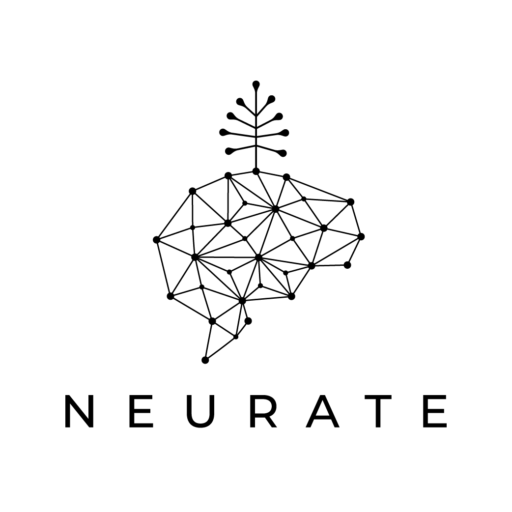Even though we perceive self-serving dishonesty to be morally wrong, and feel uneasy engaging in it, it still causes significant problems in our personal and professional lives; from business to politics and law enforcement.
In a 2016 Nature Neuroscience study, Dan Ariely and colleagues intelligently proved that dishonesty increases with repetition and discovered the neuronal mechanism underlying it.
The biological underpinnings explaining an increase in transgressions involved changes in amygdala signaling. This brain region strongly responds to emotional situations.
Functional MRI showed that after cheating neuronal activity was reduced in the amygdala. This diminished sensitivity facilitated more dishonesty. The amygdalae record the history of deceit, and adapt after each act of transgression. Hence, we feel less bad after each act of moral transgression, which opens the door to more dishonesty. It ‘s a snowball effect.
Moreover, the magnitude of reduced sensitivity to a previous deceit predicted the amount of transgression on the next opportunity to deceive.
Interestingly, the level of dishonesty stays the same if there is no self-serving motive involved. Thus if only others benefit from our cheating, but not ourselves, we are not inclined to increase it.
Even seemingly insignificant deviations from the moral compass can trigger larger ones down the line. The best policy is to address fraud, plagiarism, scams and misconduct at its infancy.
Reference:
Neil Garrett, Stephanie C Lazzaro, Dan Ariely & Tali Sharot. “The brain adapts to dishonesty“. Nature Neuroscience, Volume 19, Number 12, December 2016.

